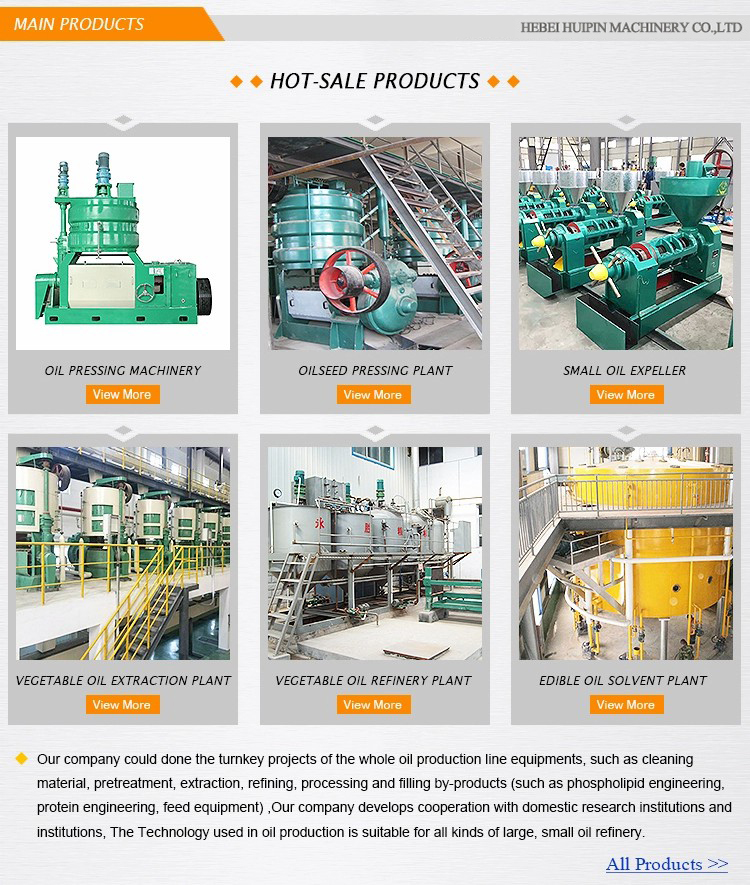Oct . 06, 2024 17:21 Back to list
peanut oil refining unit company
The Peanut Oil Refining Unit A Key Player in Edible Oil Production
Peanut oil, derived from the seeds of the peanut plant, has gained significant popularity in the culinary world due to its versatile flavor and high smoke point. As the demand for healthy and natural cooking oils continues to rise, peanut oil refining units have emerged as essential players in the edible oil production sector. This article discusses the importance of peanut oil refining units, the refining process, and their role in enhancing the quality of cooking oils.
Importance of Peanut Oil Refining
Peanut oil is prized not only for its taste but also for its health benefits. Rich in monounsaturated fats and antioxidants, it is considered a heart-healthy option compared to other cooking oils. However, raw peanut oil often contains impurities, free fatty acids, and undesirable flavors that can affect its stability and storage life. This is where peanut oil refining units come into play. They help purify the oil, making it suitable for consumption while maximizing its nutritional benefits.
The Refining Process
The refining of peanut oil typically involves several steps aimed at removing impurities and enhancing the oil's quality
. The main stages of the refining process include1. Degumming This initial step involves removing phospholipids and other hydrophilic impurities from crude peanut oil. Water or acid is added to the oil, which helps in separating the gums.
peanut oil refining unit company

2. Neutralization In this stage, free fatty acids are removed through a process called neutralization. An alkali, usually sodium hydroxide, is introduced to bind with the free fatty acids, forming soap that can be easily separated.
3. Bleaching This step improves the color and clarity of the oil by removing pigments and other contaminants. Clay or activated carbon is often used to adsorb color compounds.
4. Deodorization The final step involves the removal of volatile compounds that contribute to undesirable odors and flavors. This is typically done through steam distillation under vacuum conditions to ensure that the oil retains its natural flavor.
Enhanced Quality and Safety
Refining peanut oil not only improves its sensory characteristics but also extends its shelf life and enhances safety. The removal of impurities reduces the risk of rancidity and ensures that the oil can withstand higher cooking temperatures without breaking down. Furthermore, refined peanut oil is typically more stable against oxidation, making it a reliable choice for both home cooking and industrial applications.
Conclusion
Peanut oil refining units play a critical role in transforming raw peanut oil into a high-quality, consumer-ready product. By ensuring that the oil is safe, stable, and flavorful, these units support the growing demand for healthy cooking oils in markets worldwide. As the culinary landscape continues to evolve, the refining of peanut oil stands out as an essential process that contributes to both nutrition and gastronomic satisfaction. Moving forward, the peanut oil refining industry will likely continue to innovate, ensuring that it meets the needs of health-conscious consumers while maintaining the integrity of this beloved cooking oil.
-
High-Efficiency Peanut Oil Refined Machine for Quality Oil Production Leading Exporters & Companies
NewsJul.08,2025
-
High Efficiency Sunflower Seed Oil Press – Leading Cooking Oil Press Machine Factories & Suppliers
NewsJul.08,2025
-
High-Efficiency Soybean Oil Press Machine – Leading Exporters & Reliable Companies
NewsJul.07,2025
-
High-Efficiency Seed to Oil Extractor – Reliable Extraction Machinery for Your Business
NewsJul.07,2025
-
High-Quality Pressing Screw of Oil Expeller for Efficient Oil Extraction Leading Exporters & Manufacturers
NewsJul.06,2025
-
High-Efficiency Essential Oil Extraction Machine Trusted Exporters & Companies
NewsJul.06,2025
